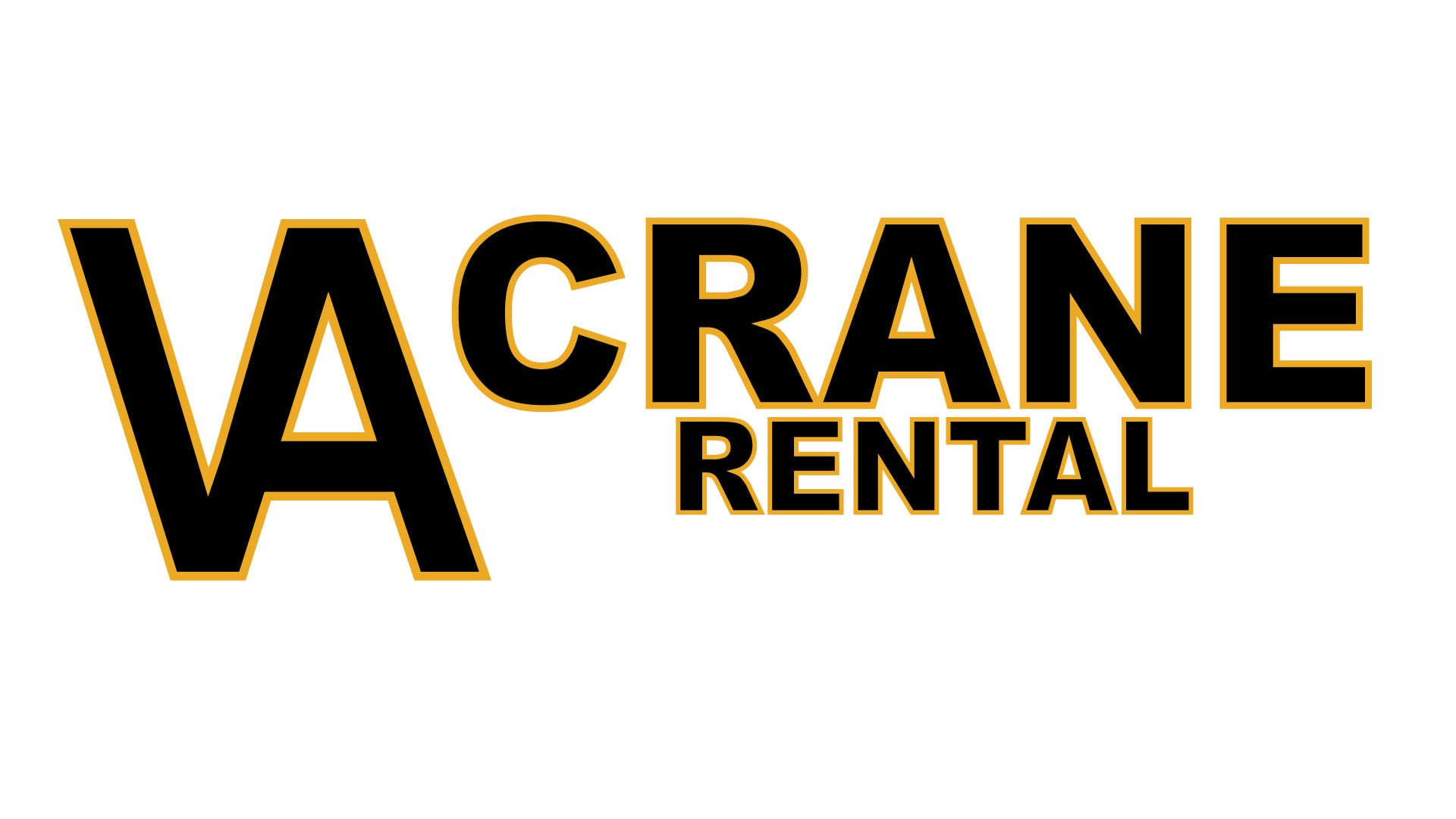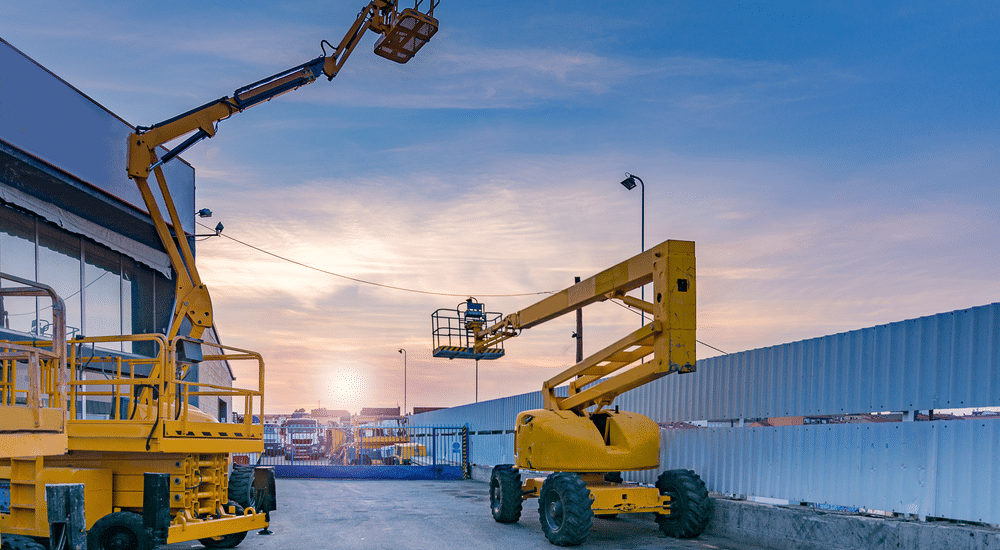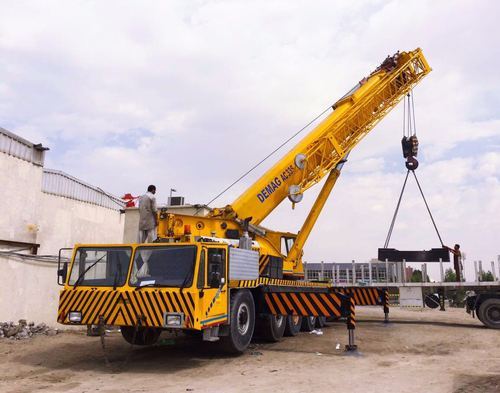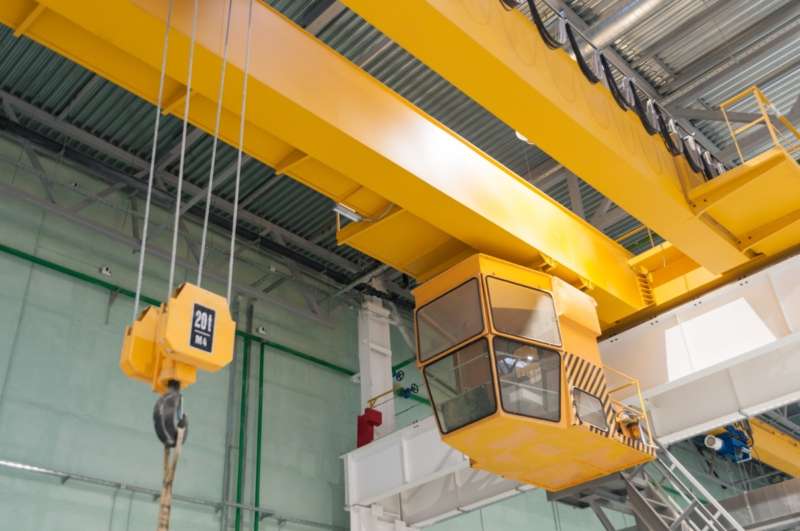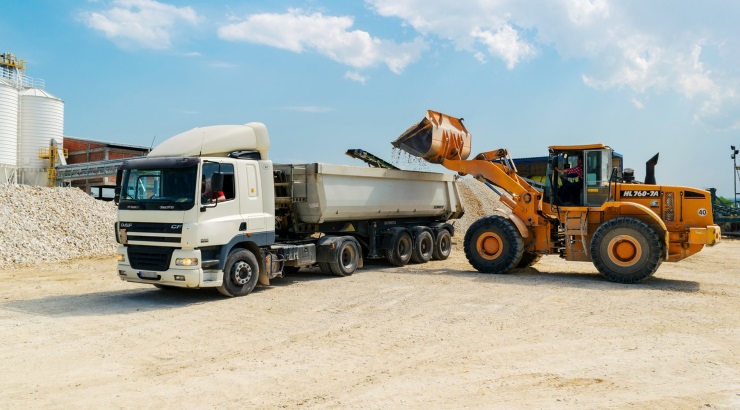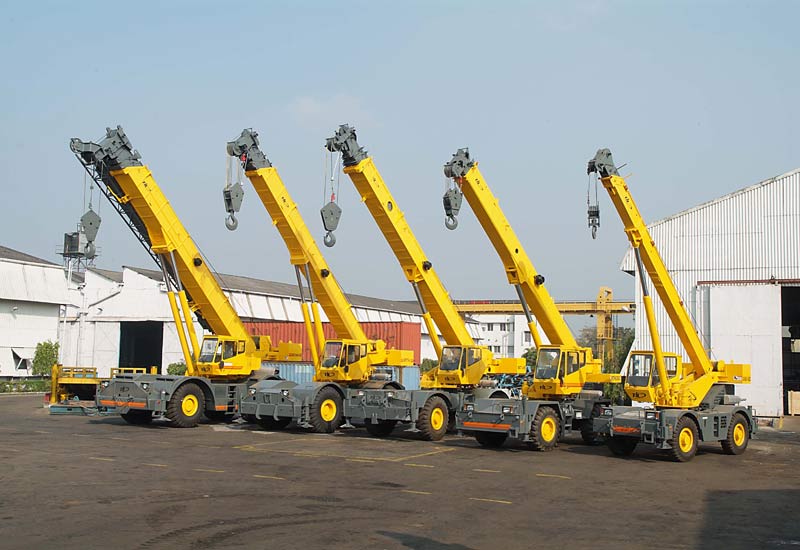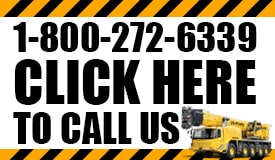Crane rentals are like the backbone of the construction industry, lifting and moving heavy loads with ease and precision. They come in different shapes and sizes, each designed for specific tasks, from the towering height of a tower crane to the rough and rugged terrain of a rough terrain crane. Renting a crane is like hiring a superhero to complete your construction project, lifting and moving heavy loads as if they were weightless. With the right crane rental service, you can ensure that your project runs smoothly and safely, allowing you to focus on the other aspects of your construction project.
However, with so many types of cranes and rental options available, it can be overwhelming for those needing this service to know where to start. In this blog post, we will answer the top 10 most common questions about crane rental to help you make informed decisions for your next construction project.
Q1. What types of cranes are available for rental?
Regarding crane rentals, the options are as varied as the construction projects they assist. From the towering heights of a tower crane to the nimble mobility of a mobile crane, each type of crane is a specialized tool honed to perfection for specific tasks. The lattice boom of a crawler crane reaches out like the arm of a giant, effortlessly lifting heavy loads with ease. Furthermore, the rough terrain crane can navigate even the most uneven surfaces with its sturdy tracks. And let’s not forget the versatile mobile crane, rolling from job site to job site, ready to tackle any challenge that comes its way. With so many types of cranes available for rental, it’s like having a toolbox full of superhero gadgets, each with its unique set of powers, ready to assist in completing your construction project.
Q2. How do I determine the right crane for my project?
Choosing the right crane for your construction project is like selecting the perfect weapon for a knight heading into battle. Each type of crane is a specialized tool designed to tackle specific tasks and conditions. Determining the right crane for your project is like solving a puzzle, with each piece of equipment fitting together to create a cohesive and efficient solution.
To help you navigate this puzzle, it’s essential to consult with a crane rental professional who can assess your project’s specific needs and recommend the best equipment for the job. From the weight and size of the load to the location and conditions of the job site, they will take into account all the factors to recommend the crane with the perfect match for your project.
Q3. How much does it cost to rent a crane?
Renting a crane can be like renting a castle for a king; the cost can vary depending on the size and grandeur of the equipment. Plus, the price of a crane rental can range from budget-friendly to royal treatment, depending on the type of crane, the duration of the rental, and the location of the job site. On average, you can expect to pay anywhere from $1,000 to $10,000 per day for a standard mobile crane rental. It’s important to get quotes from multiple companies to ensure you get the best value for your money, like a wise merchant negotiating for the best deal on a valuable asset. However, remember that the cheapest option may not always be the best, as you must always consider it before making the final decision.
Q4. What is included in the cost of a crane rental?
The cost of a crane rental typically includes using the crane, an operator, and any necessary safety equipment. In some cases, the rental company may also provide additional services such as delivery and set-up of the crane or training for the operator.
Q5. Can I rent a crane for a short period?
Yes, most crane rental companies offer both short-term and long-term rental options. Short-term rentals are often available daily or weekly, while long-term rentals may be available for several months or even a year. It’s important to discuss your specific needs with the rental company to determine the best option for your project.
Q6. What certifications and qualifications do crane operators need?
Crane operators must have specific certifications and qualifications to ensure that they are adequately trained and qualified to operate the equipment. These may include OSHA certifications, specific crane operator certifications, and medical examinations to ensure that the operator is physically fit to operate the crane.
Q7. How do I ensure the crane and operator are safe for my project?
When renting a crane, it’s crucial to ensure that the equipment is well-maintained and in good working order. Thus, the rental company should be able to provide documentation of regular inspections and maintenance. Additionally, ensure that the operator is properly trained and certified to operate the crane.
Q8. What are some common safety concerns when using a crane?
Some standard safety concerns when using a crane include the risk of falls, equipment failure, and improper use. It’s essential to take the necessary precautions, such as properly securing the load, ensuring that the operator is appropriately trained, and maintaining regular inspections and maintenance on the equipment.
Q9. Are there any restrictions on where a crane can be used?
Yes, there may be restrictions on where a crane can be used based on local zoning laws, building codes, and safety regulations. For example, some areas may restrict the size or type of crane that can be used or may require a permit to operate. It’s essential to check with your local authorities and the rental company to ensure that all necessary permits and approvals are in place before starting your project.
Q10. Can I use my own operator for the crane rental?
Well, this will depend on the rental company’s policy. Some companies may require that their operator be used, while others may allow you to use your own operator if they meet the necessary qualifications and certifications. It’s important to discuss this with the rental company to ensure that you comply with any regulations and safety standards.
In conclusion, crane rental is a vital service for many construction projects. By understanding the different types of cranes available, the cost and what’s included, the qualifications and safety concerns, and regulations and permits, you can make an informed decision for your project. Remember to consult with a professional and always prioritize safety to ensure a successful outcome.

